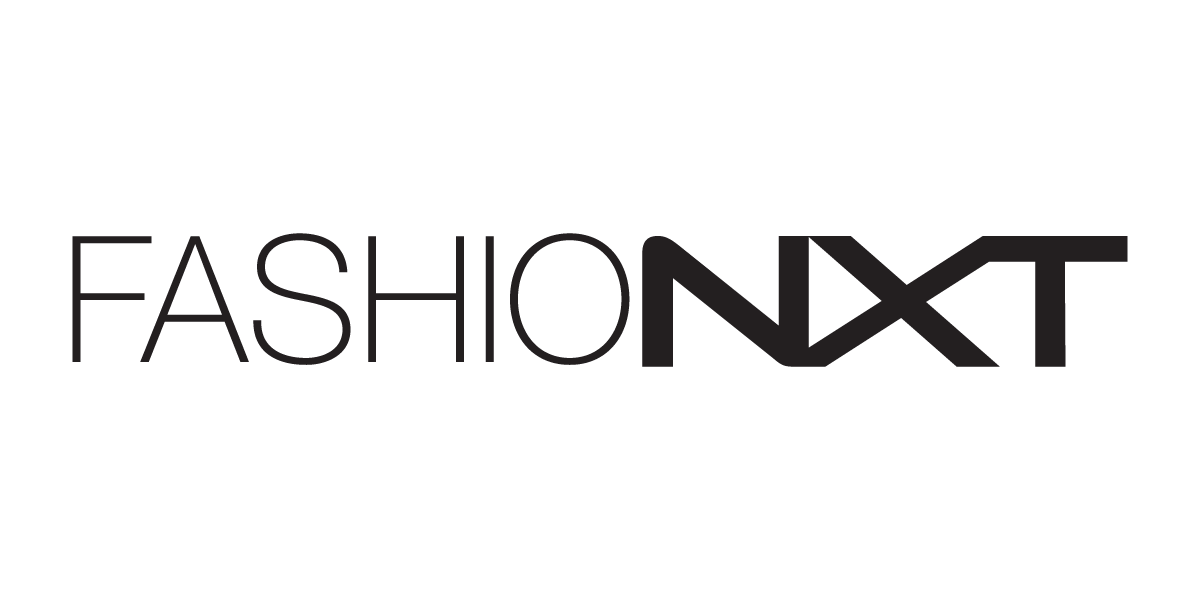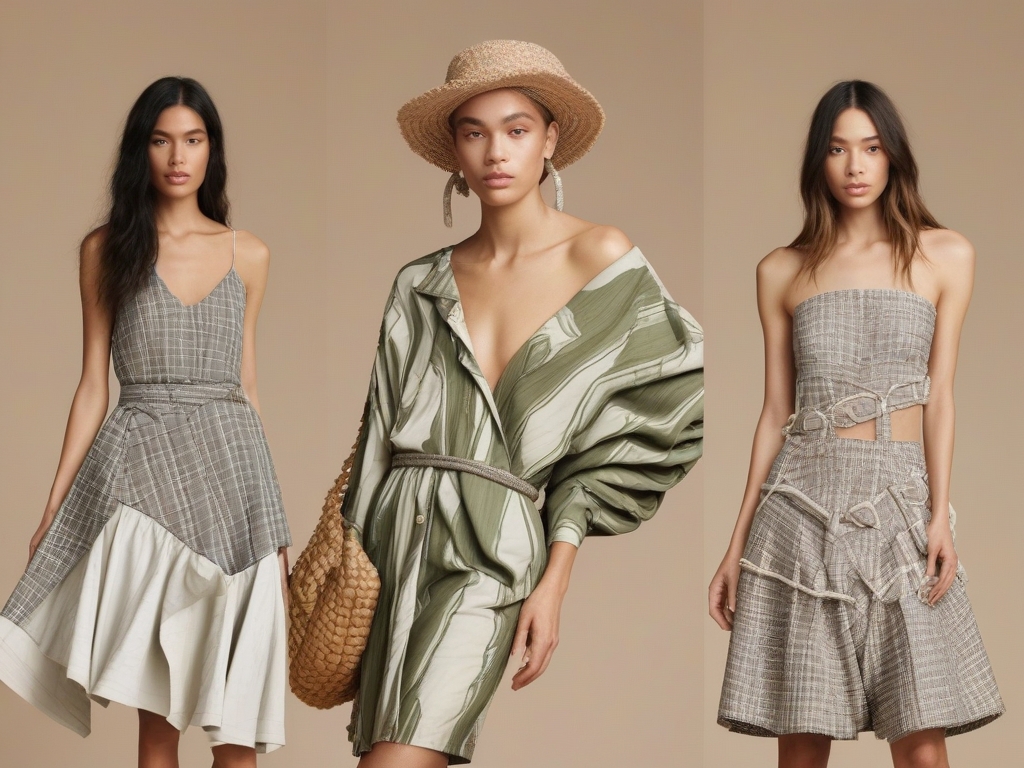Green Tech Meets High Fashion: 12 AI Companies Leading Sustainable Fashion
The fashion industry stands at a critical crossroads, where style meets sustainability through the transformative power of artificial intelligence. As one of the world’s largest polluters, responsible for 10% of global carbon emissions and consuming 93 billion cubic meters of water annually, the fashion industry faces mounting pressure to revolutionize its practices. The environmental toll of fast fashion, overproduction, and waste has become impossible to ignore, pushing the industry toward innovative solutions that balance creativity with conservation.
Enter artificial intelligence – the game-changing technology that’s reshaping how the fashion industry approaches sustainability. From revolutionizing supply chains to optimizing product development, AI is providing unprecedented opportunities to reduce waste, minimize environmental impact, and create more efficient processes throughout the fashion ecosystem. This technological revolution is not just about automation; it’s about transformation at every level of the industry, from design studios to retail floors and beyond.
The convergence of AI and sustainable fashion has given rise to a new generation of companies that are pioneering innovative solutions to the industry’s most pressing environmental challenges. These organizations are leveraging advanced algorithms, machine learning, and data analytics to tackle issues ranging from overproduction and waste reduction to circular economy initiatives and conscious consumption. Their groundbreaking work demonstrates how technology can be harnessed to create a more sustainable future for fashion while maintaining the creativity and innovation that defines the industry.
Here are 12 fashion AI companies delivering sustainability solutions for the industry.
1. Vue.ai
Vue.ai stands at the forefront of virtual retail technology, offering AI-powered solutions that revolutionize the online shopping experience. Their virtual try-on technology has significantly reduced return rates by allowing customers to visualize clothing items before purchase. The platform’s personalized fashion recommendations, powered by advanced AI algorithms, help retailers minimize waste by ensuring customers make more informed purchasing decisions, ultimately reducing the environmental impact of returns and excessive inventory.

2. Alchemie Technology
Partnering with industry giants like Adidas, Alchemie Technology has revolutionized the textile dyeing process through their groundbreaking AI-powered digital dyeing technology. Their innovative system achieves a remarkable 95% reduction in water usage compared to traditional dyeing methods, marking a significant advancement in sustainable textile processing. The company’s technology not only addresses one of the fashion industry’s most water-intensive processes but also reduces chemical usage and energy consumption.
3. STITCH Fix
STITCH Fix has transformed personal styling through its AI-powered platform that combines human expertise with machine learning algorithms. The company’s sophisticated system analyzes customer preferences, purchase history, and style feedback to create personalized recommendations, significantly reducing overstock through accurate demand prediction. Their data-driven approach to inventory management has successfully minimized waste while maintaining high customer satisfaction rates.

4. Optitex
Optitex leads the industry in 3D design and visualization technology, offering an AI-powered platform that optimizes pattern creation and reduces material waste during production. Their software enables designers and manufacturers to create accurate digital samples, significantly reducing the need for physical prototypes. This approach not only saves resources but also accelerates the product development process while maintaining high accuracy in final productions.

5. Browzwear
Browzwear‘s AI-driven 3D design software has transformed the fashion industry’s approach to product development. Their platform enables designers to create and modify garments digitally, dramatically reducing the need for physical samples and minimizing material waste. The company’s technology facilitates sustainable decision-making throughout the design process, allowing brands to assess environmental impact before entering production.

6. Aloqia (formerly Queen of Raw)
Aloqia has created an innovative AI marketplace that addresses the critical issue of deadstock fabrics in the fashion industry. Their platform uses intelligent algorithms to match excess fabric with potential buyers, preventing these materials from ending up in landfills. The company’s solution has successfully diverted millions of yards of fabric from waste while helping brands recover costs and supporting sustainable sourcing practices.

7. Reflaunt
Reflaunt‘s AI-powered reselling technology is revolutionizing the circular fashion economy. Their platform enables brands and retailers to integrate second-hand sales directly into their business model, extending product lifecycles and reducing waste. The system uses advanced AI to authenticate, price, and match pre-owned items with potential buyers, making circular fashion more accessible and efficient.

8. Stylumia
Stylumia has developed sophisticated AI-driven trend forecasting technology that helps fashion brands make data-driven decisions about product development and inventory management. Their platform analyzes global consumer behavior patterns and market trends to predict demand accurately, helping brands reduce overproduction and minimize excess inventory. This approach has proven instrumental in reducing fashion waste while optimizing business operations.

9. Precise.ai
Precise.ai focuses on supply chain optimization through AI-powered tracking and analytics. Their platform provides real-time monitoring of environmental impact metrics throughout the supply chain, enabling brands to make informed decisions about their operations. The company’s technology helps identify and eliminate inefficiencies while ensuring compliance with sustainability standards across global supply networks.
10. Supplycompass
Supplycompass offers an end-to-end product development platform that integrates AI-driven sustainable sourcing solutions. Their digital supply chain management system streamlines collaboration between brands and manufacturers, reducing sampling waste and production inefficiencies. The platform’s emphasis on sustainable sourcing and digital sampling has helped numerous brands reduce their environmental footprint.

11. Save Your Wardrobe
Save Your Wardrobe has created an innovative AI-powered digital wardrobe management solution that promotes conscious consumption. Their platform helps users maximize their existing wardrobe through smart maintenance recommendations and styling suggestions, effectively reducing unnecessary purchases. The app’s AI technology analyzes user behavior and wardrobe contents to encourage more sustainable fashion consumption patterns.

12. CircularID™ by EON
EON‘s CircularID™ technology represents a breakthrough in product lifecycle management through digital product passports. Their AI-powered system tracks fashion items throughout their entire lifecycle, enabling better recycling and resale opportunities. The platform facilitates circular economy initiatives by providing detailed information about materials, manufacturing, and care instructions, making it easier for items to be properly recycled or resold rather than discarded.

Looking Forward
As we look to the future, these twelve companies represent just the beginning of AI’s potential to transform the fashion industry’s relationship with sustainability. According to Accenture research, AI-powered personalization has led to a 78% increase in customer engagement and a 45% improvement in conversion rates for sustainable products. Their innovative solutions are not only addressing current environmental challenges but also paving the way for a new era of conscious fashion production and consumption.
The fashion industry’s journey toward sustainability is ongoing, but the integration of AI provides a clear path forward. As reported by the MIT Technology Review, these technologies continue to evolve, promising even more dramatic improvements in how fashion brands create, produce, and distribute their products. The future of fashion is not just about looking good – it’s about doing good, and AI is helping to make that vision a reality.


